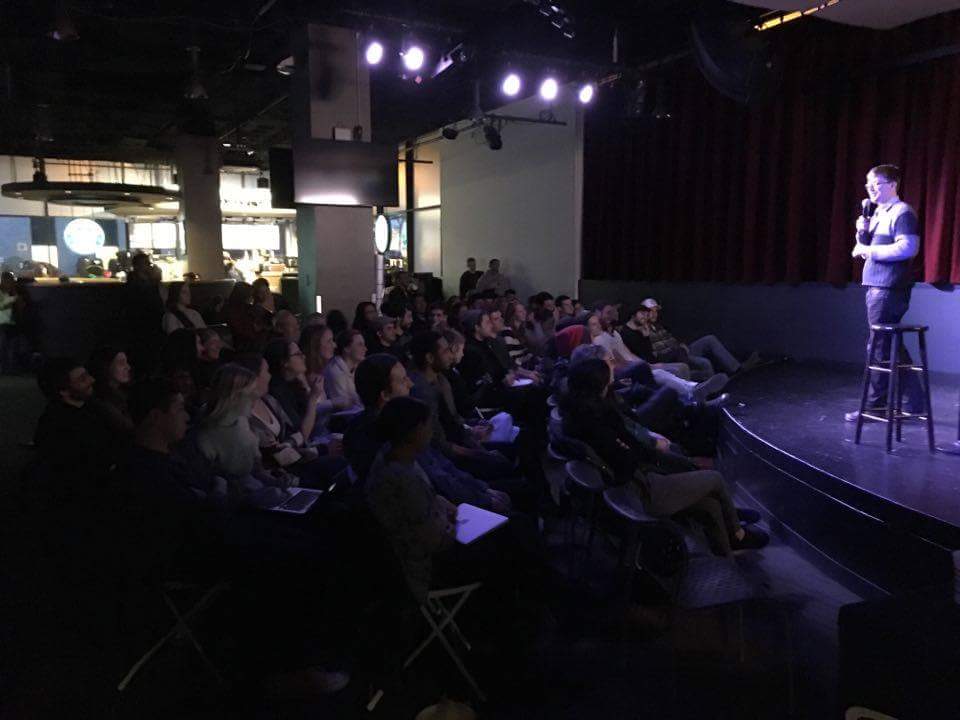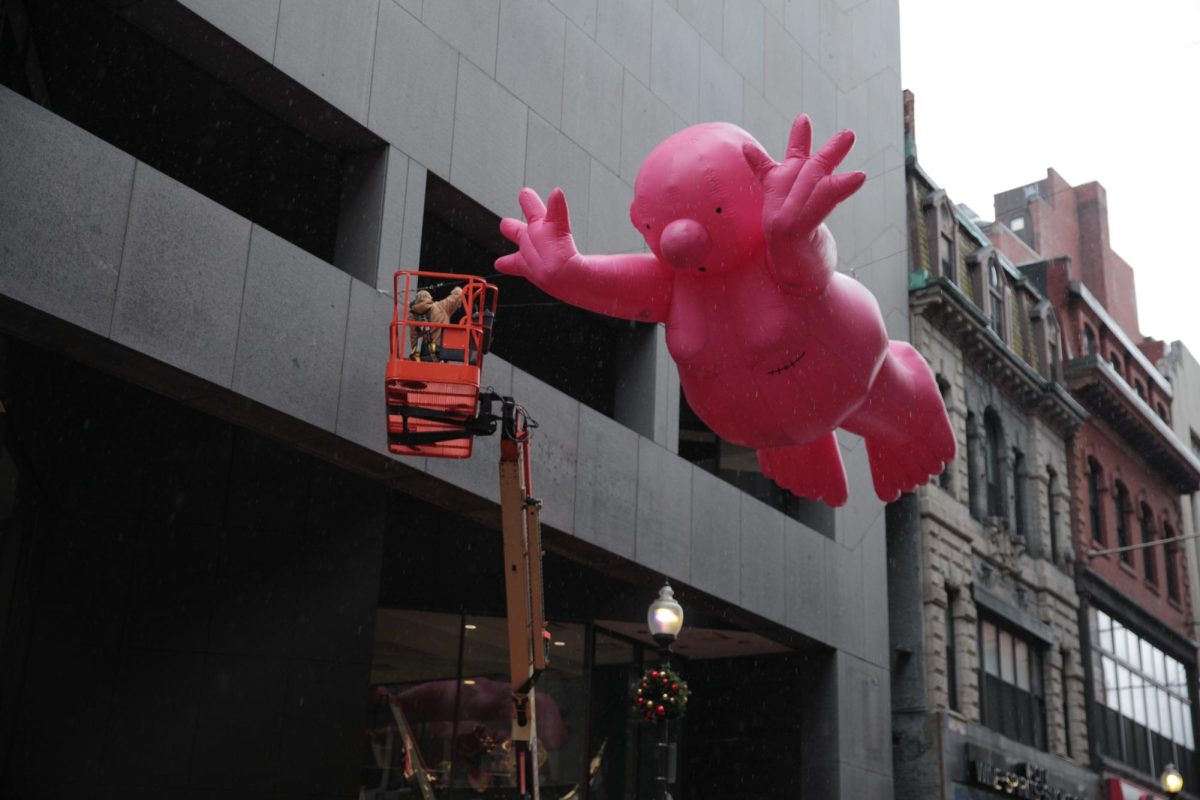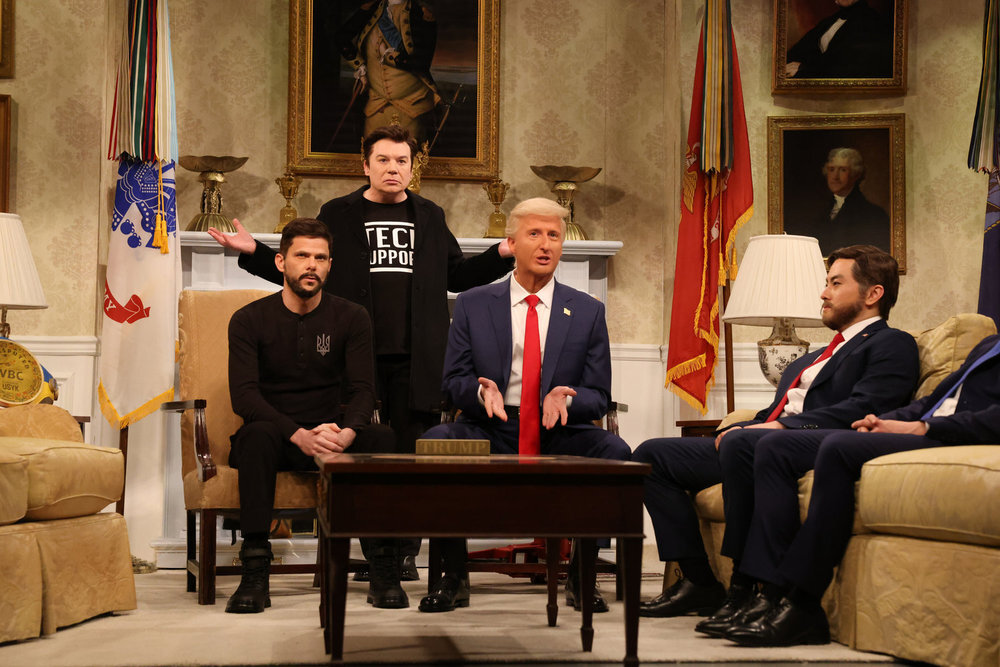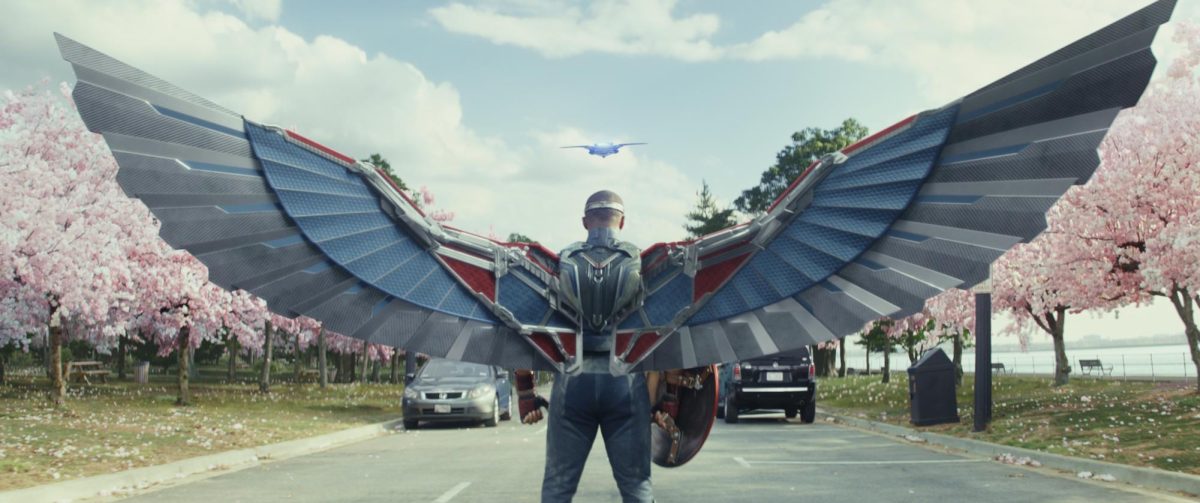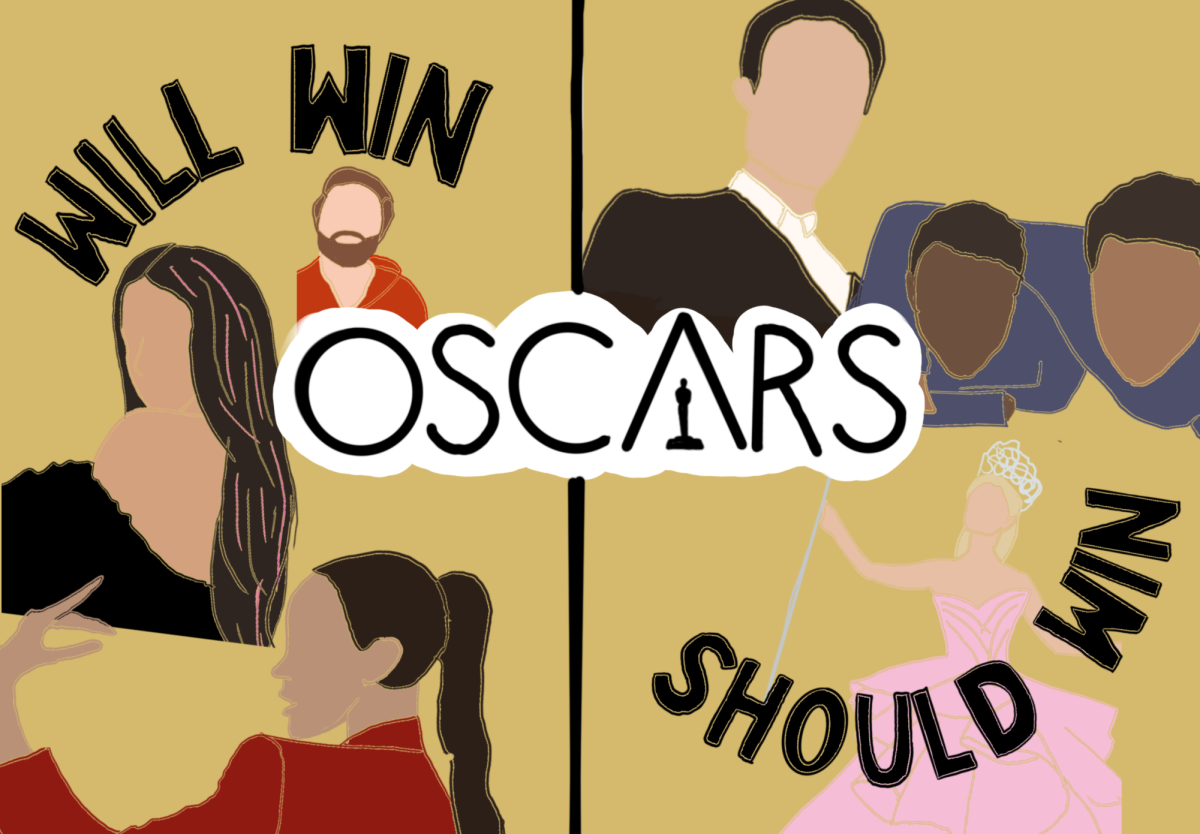By Sahan Weerakoon, Deputy Arts and Entertainment Editor
Six Northeastern University students stepped on the afterHOURS stage and told their funniest stories in hopes of being crowned last Husky standing – but only one stepped out victorious.
This stand-up comedy event, put on by the Council for University Programs (CUP), invited any student brave enough to perform for the chance to win a $25 Visa gift card. Attendees said the event felt well-put-together.
“It was similar to other professional [comedy] events,” said junior political science major Sebastian Van Coevorden. “I didn’t think they would put on an actual comedian.”
The comedian in question was Peter Martin, winner of the most recent Boston Comedy Festival, who also closed for the competition. However, the event featured other prominent figures among the judges, such as John Tobin, co-owner of Laugh Boston and Northeastern’s vice president for city and community affairs; Dana Jay Bein, a cast member in ImprovBoston’s National Touring Company; and Rick Jenkins, the owner of the Comedy Studio.
Host James Huessy, a 2015 Northeastern graduate who majored in history, is a veteran of the Boston comedy circuit and has opened for several prominent comedians at Northeastern-sponsored events. Huessy kicked off the event with his own routine, telling stories that ranged from his unfortunate encounter with airport security to being left in Chicago, unchaperoned, as a 17-year-old.
Huessy describes his job as being slightly different from that of a comedian.
“As a host, everyone is at your house,” Huessy said. “You need to make sure they feel like you’re having a good time.”
Indeed, Huessy did manage to bring some high energy to the crowd, though it seemed to quiet down after the first contestant, junior computer engineering major Gen Ohta, finished his story.
Ohta sought to take a different approach to his routine and told a story about his experience with launching a startup. Although the story had a few punchlines, audience response was tepid compared to other contestants.
According to Jenkins, the lack of reaction is to be expected.
“You’re aiming for different responses,” Jenkins said. “Some were storytellers; you don’t expect too much laughter.”
The next contestant, senior marketing major Conor Gay, went with a similar approach of telling a story but managed to add more punchlines – his success evident in a stronger audience response.
Max Ives, freshman business major, went next with a bombastic start. Ives jumped around the stage, yelling at the top of his lungs. This shift in tone became the theme of his act and received a lot of attention from the audience, though not all of it was positive.
“Comedians with a lot of one-liners are going to get a lot of reaction, but it doesn’t mean they’re better than others,” Jenkins said.
With his phone in hand and a bottle of water by his side, senior industrial engineering major John Margeson took a less traditional route with his act, focusing on short stories about his times in Springfield, Mass. Margeson, who has experience in stand up comedy, said he took a casual approach to the competition.
“I had been doing open mics for a couple of months, and I just wanted to do more school activities as a senior,” Margeson said.
By contrast, sophomore electrical engineering major, Spencer Hurley seemed nervous on stage. He told short stories, much like Margeson, but did not have the same timing to engage the audience.
Still, Bein applauds Hurley and the other contestants for participating.
“It’s really ballsy to do stand-up,” Bein said. “I don’t think [the contestants] had too much experience, so I honor people who take risks.”
However, a winner had to be announced, and that was third-year psychology major Elke Thoms, who was able to grab the audience’s attention without using too much vulgarity.
Both the audience and the judges had a chance to vote, but Thoms was the winner among both groups, with the judges basing their evaluation on originality, stage presence and audience reaction.
Every judge agreed that for a comic, the experience onstage was the true prize.
“Big-time comedians don’t just suddenly appear,” said Tobin, who has worked with prominent comedians Bill Burr and Dane Cook. “The only way to get better is to keep performing.”
Photo courtesy Council for University Programs



